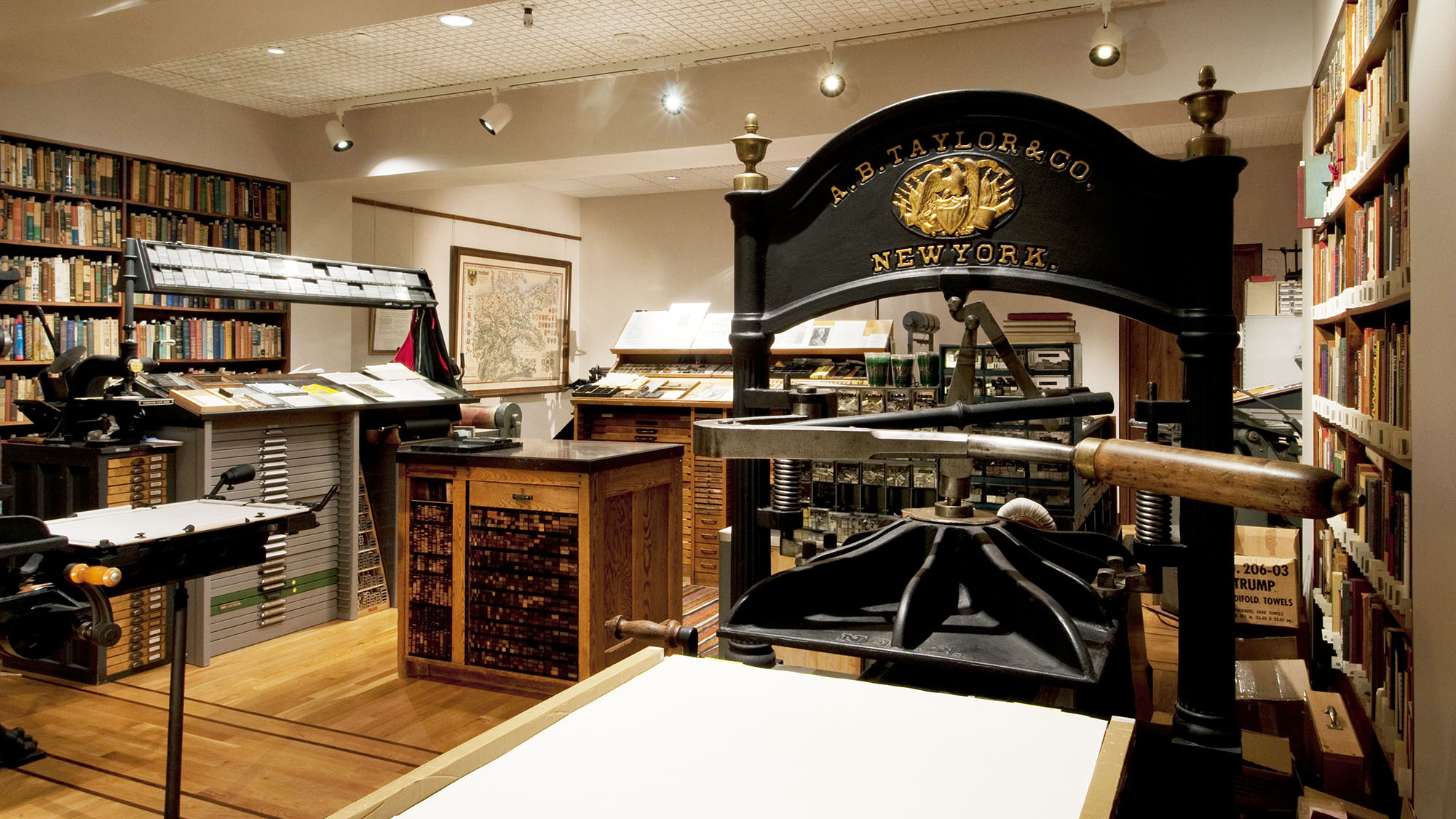Integrative Design Master of Science Degree


Integrative Design
Master of Science Degree
- RIT /
- Rochester Institute of Technology /
- Academics /
- Integrative Design MS
Request Info about graduate study
Visit
Apply
School of Design
A one-year integrative design degree that furthers your understanding of the design process and prepares you to work with creative development teams.
Overview for Integrative Design MS
This program is no longer accepting new student applications.
Students interested in understanding and developing the theories, methods, and processes of design, and their application in product and service development should consider our master’s degrees in industrial design or visual communication design.
The integrative design program enables students with artistic, technical, engineering, and management backgrounds to study and successfully engage with creative development teams. This one-year design master’s degree develops your understanding of the theories, methods, and processes of design and their application in product and service development.
A Design Master’s Degree
The MS in integrative design establishes a variety of creative design thinking techniques in areas such as systems thinking, brainstorming, immersions, contextual relevance, and empathy–all of which will be used to develop an in-depth understanding of the design process, the product/service life cycle, product/service feasibility, and the integration of social responsibility in product/service design. The program enables students with artistic, technical, engineering, and management backgrounds to study and successfully engage within creative development teams.
Curriculum Update in Process for 2024-2025 for Integrative Design MS
Current Students: See Curriculum Requirements
Integrative Design, MS degree, typical course sequence
| Course | Sem. Cr. Hrs. | |
|---|---|---|
| INGD-721 | Elements and Methods This course is an introductory experience building the visual, verbal and cognitive understanding of three-dimensional design elements and principles. Projects focus on developing the ability to see, organize, and manipulate design elements and abstraction to achieve the desired sensory responses. (This course is restricted to INTEGDE-MS Major students.) Studio 6 (Fall). |
3 |
| INGD-722 | Emotion and Implementation This course builds from the Elements and Methods course and introduces emotional design as a means of creating, understanding and implementing the relationship between the object, the user and the desired sensory response. Concepts of material selection, production processes, and sustainability are explored. Through projects students develop the tools and technical skills necessary for hands-on problem solving and three-dimensional communication of design intent. (Prerequisites: INGD-721 or equivalent course.) Studio 6 (Spring). |
3 |
| INGD-726 | Visualization I: Development This course is an introduction to drawing objects and three-dimensional space as a means of developing and communicating design concepts. Students will understand and use the basics of perspective sketching, mechanical perspective, grids and orthogonal views to communicate design concepts. (This course is restricted to INTEGDE-MS Major students.) Studio 6 (Fall). |
3 |
| INGD-727 | Visualization II: Communication This course continues developing more advanced visualization techniques, while expanding on visual communication skills: such as storytelling, graphic layout and presentations. Exercises will introduce students to various types of analog and digital visual communication techniques. (Prerequisites: INGD-726 or equivalent course.) Studio 6 (Spring). |
3 |
| INGD-731 | Design Studio I: Concepts This course is a theoretical and pragmatic approaches to responsible design practices through processes of iteration, divergent/convergent thinking and critical analysis. Projects focus on human-centered approaches and the contextual relevance of products, service and systems. (This course is restricted to INTEGDE-MS Major students.) Studio 6 (Fall). |
3 |
| INGD-732 | Design Studio II: Capstone This course will focus on the application of design methods and processes, design thinking, problem solving, concept development. Students will work with faculty and advisors in establishing a design project. Emphasis will be placed on collaborating with multidisciplinary partners and external resources such as clients or project sponsors. The course culminates with a public presentation of the design project. (Prerequisites: INGD-731 or equivalent course.) Studio 6 (Spring). |
3 |
Open Electives |
12 | |
| Total Semester Credit Hours | 30 |
|













